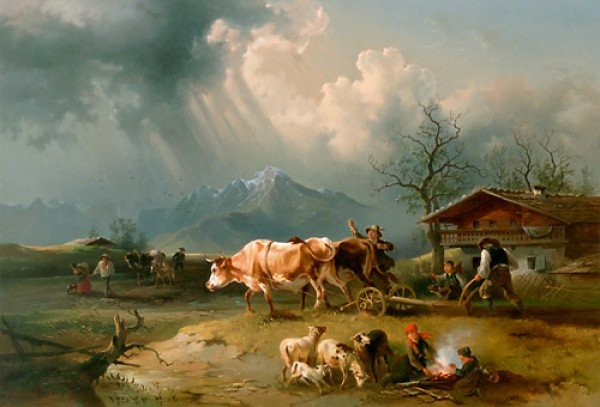“For sale: baby shoes” is a classified ad.
“For sale: baby shoes; never worn” is a story.
It’s Hemingway’s, in fact.
*
“The king is dead” is a news bulletin.
“The king died, and the queen died of grief” is a story.
Better yet, “The king died, and the queen and her lover died in each other’s arms.”
Or, “The king died, and the queen and his brother are being sought for questioning by the son.”
Now that’s a story.
*
Why?
*
Stories ought to be terrible, in the best senses of the word.
Not “This traffic is terrible” but “Ivan the Terrible.”
Not “This broth is terrible” but “This chocolate is terrible.”
Because who in the hell cares about broth?
*
But they aren’t just terrible.
Or rather, they’re terrible because of some things.
Why the second entry beats tar out of the first in each and (usually) every case is they harrow our souls. A little bit anyway. And they do that because first, we can connect with them; so then, we can feel and think about them; and finally, we may even change. A little bit anyway.
We want to know what it’s about, how it went down, and — crucially — what will happen. We will be there when it does. Now we’re paying attention. Finally. That’s all he needs.
*
“All hat, no cattle” is a too-well-known saying.
Making “All wretch, no vomit” so much better.
*
The allotted function of art is not, as is often assumed, to put across ideas, to propagate thought, to serve as an example. The aim of art is to prepare a person for death, to plough and harrow his soul, rendering it capable of turning to good. Andrei Tarkovsky
